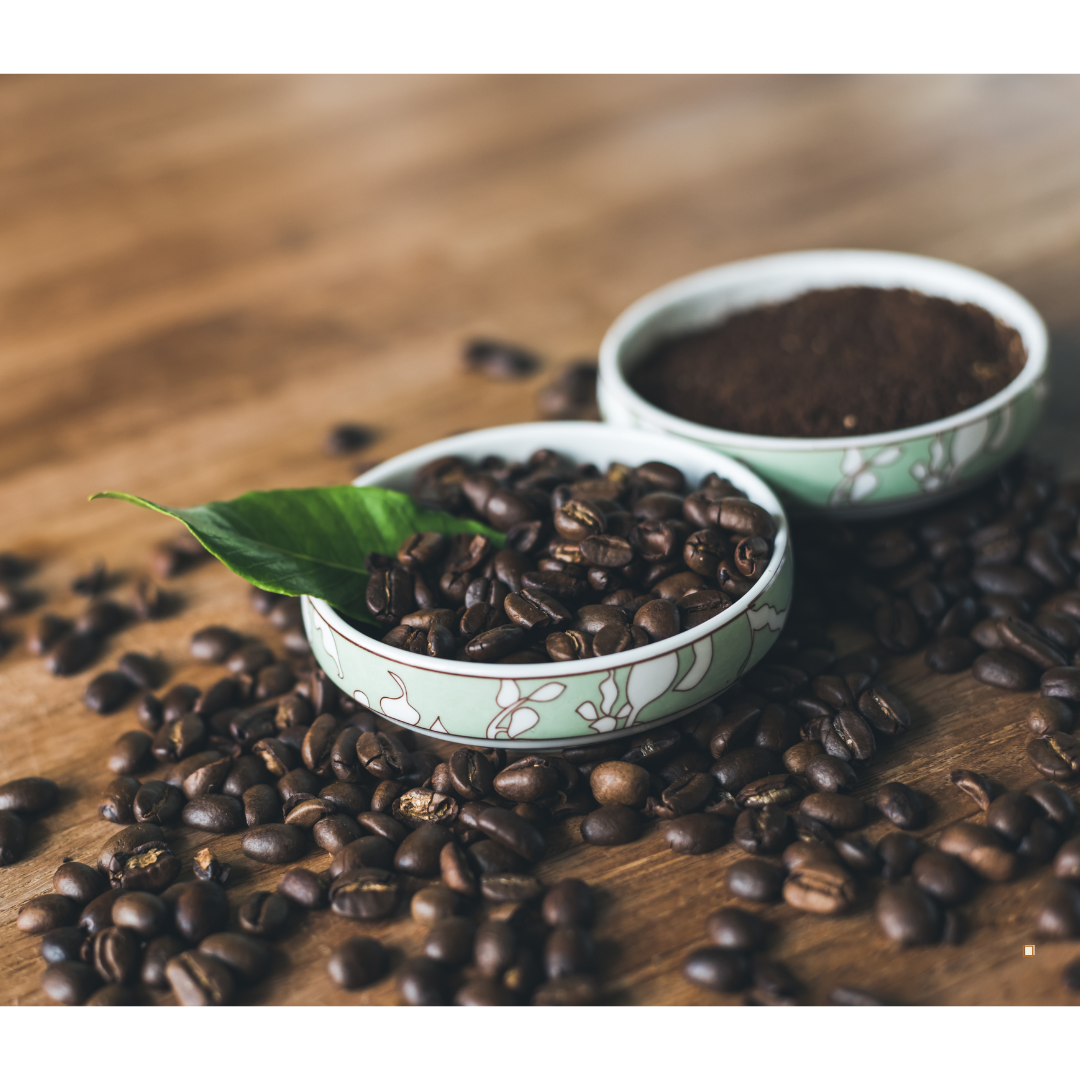
The Science Behind Decaffeination and Decaf Ground Coffee
For coffee lovers who want to enjoy the flavors and rituals of coffee without the stimulating effects, decaf ground coffee offers an ideal solution. Decaffeination, the process of removing caffeine from coffee beans, is an intricate scientific method that allows the beans to retain their natural flavors while minimizing caffeine content. Over time, various decaffeination techniques have evolved, each aiming to preserve the bean’s complex taste profile and aroma. In this article, we’ll delve into the science behind decaffeination, exploring the different methods and their impact on flavor, quality, and health benefits.
Why Decaffeinate Coffee?
The demand for decaf has grown significantly as more people seek ways to enjoy coffee without experiencing caffeine’s stimulating effects. Some people are caffeine-sensitive, while others simply prefer to enjoy a cup of coffee in the evening without disrupting their sleep. For those with certain health conditions, reducing caffeine intake may also be advised.
Decaffeination allows coffee drinkers to savor the unique flavors of coffee without the side effects associated with caffeine. Despite popular belief, decaf coffee isn’t entirely caffeine-free. In general, decaf contains about 2-3% of the original caffeine content. For example, an 8-ounce cup of regular coffee can contain around 95 mg of caffeine, while decaf contains only about 2-5 mg.
The Decaffeination Process: An Overview
Decaffeination takes place before roasting and grinding, using green coffee beans. The goal is to remove as much caffeine as possible without compromising the beans’ flavors and aroma. Generally, decaffeination involves four primary methods:
- The Swiss Water Process: This chemical-free method uses only water to extract caffeine from the beans. The beans are soaked in hot water, allowing the caffeine and other compounds to dissolve. The water is then passed through a carbon filter, which removes the caffeine molecules. The beans are reintroduced to the caffeine-free, flavor-rich water, allowing them to reabsorb the essential oils and flavors. This process is popular for preserving the natural taste of the coffee.
- The Direct Solvent Method: In this method, the beans are steamed and then rinsed with a solvent, typically methylene chloride or ethyl acetate, which binds with the caffeine molecules. Afterward, the beans are steamed again to evaporate any residual solvent. While this method is effective, some consumers prefer other methods due to concerns about chemical use, even though the FDA has deemed these solvents safe.
- The Indirect Solvent Method: The indirect method involves soaking the beans in hot water to dissolve the caffeine and flavor compounds. The water is then treated with a solvent, which selectively bonds with caffeine. After removing the caffeine-laden solvent, the beans are reintroduced to the water to reabsorb the flavor compounds. This method is often used in Europe and provides a flavorful, aromatic decaf coffee.
- The Carbon Dioxide (CO2) Method: This modern method uses liquid CO2 to extract caffeine. Under high pressure, CO2 acts as a solvent, binding with caffeine molecules without affecting the coffee’s flavor compounds. The CO2 is then separated from the caffeine, and the beans retain their original flavors. This method is favored for its efficiency and ability to preserve the coffee’s taste.
Each method has its pros and cons, but the ultimate goal is to remove caffeine while keeping the coffee’s unique flavors intact. Advanced decaffeination methods allow coffee drinkers to enjoy decaf without sacrificing quality.
Decaf and the Flavor Profile: How Decaffeination Impacts Taste
Decaffeination can alter the flavor profile of coffee, as caffeine itself contributes to coffee’s taste. Some methods, like the Swiss Water Process and CO2 extraction, do a better job of preserving the original flavors compared to solvent-based methods. Additionally, different beans react to decaffeination in unique ways, as factors like origin, altitude, and processing method influence how much flavor is retained.
Typically, decaf coffee has a smoother, milder flavor than its caffeinated counterpart. Because caffeine adds a slight bitterness to coffee, removing it can reduce this bitterness, leading to a softer taste. As a result, decaf is often described as having a cleaner, rounder flavor profile, with less acidity and fewer complex notes. However, when decaffeinated carefully, high-quality beans can still yield a satisfying cup with a nuanced, enjoyable taste.
Health Benefits of Decaf Coffee
Many of the health benefits attributed to coffee stem from its high antioxidant content, which is largely retained during decaffeination. Studies have shown that antioxidants like chlorogenic acid remain present in decaf coffee, making it a good choice for those seeking these health benefits without the effects of caffeine. Drinking decaf has been associated with several potential health benefits:
- Reduced Risk of Heart Disease: Decaf coffee has been linked to lower heart disease risks, as it contains antioxidants that help reduce inflammation and protect blood vessels.
- Lower Risk of Type 2 Diabetes: Studies suggest that compounds in decaf coffee may enhance insulin sensitivity, potentially lowering the risk of type 2 diabetes.
- Improved Digestive Health: Since caffeine can sometimes contribute to acid reflux or other digestive discomforts, decaf is a gentler option for those with sensitive stomachs.
By enjoying decaf, consumers can still benefit from these properties while avoiding the caffeine-related effects that might interfere with health or sleep quality.
Enjoying Your Perfect Cup of Decaf Ground Coffee
When choosing decaf ground coffee, consider experimenting with various brewing methods to bring out the best flavors. Brew methods like pour-over and French press allow for more control over extraction, helping you adjust for any changes in flavor due to decaffeination. Experimenting with grind size, water temperature, and brew time can help you fine-tune your cup to highlight the flavors you enjoy most.
Exploring Different Brands of Decaf Ground Coffee
To find the best decaf ground coffee, try a range of brands and roasts to determine which flavor profiles and decaffeination methods suit your preferences. Many specialty roasters offer high-quality decaf options sourced from premium beans, making it possible to enjoy an exceptional coffee experience without caffeine.
